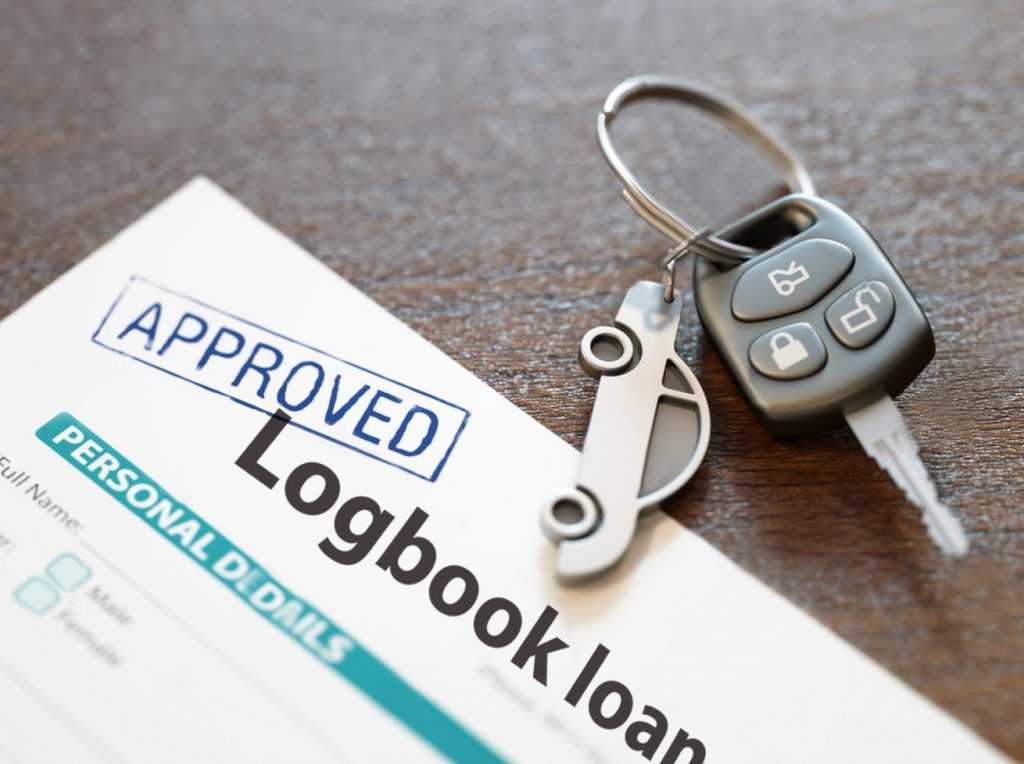
There may come a time in life when you need additional finance to help you in times of emergency.
There is a range of loans you could choose from, even if you have bad credit, from short-term loans to payday loans and even logbook loans. We’ll take a closer look at the logbook loans below, the eligibility requirements, and the benefits and drawbacks.
Table of Contents
A logbook loan is a type of finance that is secured against a vehicle. The borrower uses their vehicle as collateral for the loan and the lender holds the logbook, also known as the V5 document, as security.
The borrower can continue to use their vehicle while repaying the loan, but if they default on the loan, the lender has the right to repossess the vehicle.
There is a range of repayment options to choose from to suit the borrower so they can tailor their loan to their financial situation.
So, if you’re wondering whether you’re eligible for a logbook loan, you must meet certain requirements. These include:
Quick and easy application process: Logbook loans can be obtained quickly, often within 24 hours which makes them look more appealing than other loans which may have a longer application process and require more documents.
No credit check: Logbook loans are available to those with poor credit, as the loan is secured against the vehicle. This makes them preferable for those of us who have struggled to manage finance in the past, whether that’s struggling to pay bills, or generally finding it difficult to make ends meet.
Keep the vehicle: Borrowers can continue to use their vehicle while repaying the loan, meaning they can get from A to B without having to worry – especially if they know they can afford the repayments.
Flexible repayment options: Logbook loan providers offer flexible repayment options, allowing borrowers to choose a plan that suits their budget. This means that borrowers can choose an option that they’ll be able to manage more easily, reducing the chance of them failing into further financial difficulty.
Drawbacks of logbook loans
Whilst this type of loan may look appealing to you, it’s always best to take a look at some of the drawbacks that you may also find with this type of finance. Here are a few disadvantages to look out for.
High-interest rates: Logbook loans have higher interest rates than traditional bank loans, which can make them more expensive. This is due to the lender needing to make sure they make their money back from borrowers who may have a lower credit score and be less creditworthy.
Risk of vehicle repossession: If the borrower defaults on the loan, the lender has the right to repossess the vehicle which could put you in a position of losing your car – causing a huge impact on your life.
Short repayment period: Logbook loans typically have shorter repayment periods than traditional bank loans, which means the borrower must repay the loan in a shorter amount of time. This makes them more difficult to manage, risking further financial difficulty.
Additional fees: Logbook loan providers may charge additional fees such as application fees, appraisal fees, or early repayment fees so you need to ensure you know the total cost of borrowing before applying.
Why Proper Export Packing Matters Exporting fragile and valuable items requires careful planning. Incorrect packing…
Pallet racking plays a central role in how a warehouse functions day to day. The…
Owning commercial property represents a significant financial and operational commitment. Whether the asset is a…
Exploring island beaches, diving locations, or the energetic city life are all amazing experiences when…
Growth in the mortgage sector requires more than increased case volume. Advisers must balance commercial…
Acoustics are crucial in any space, whether it's an office, classroom, or home workspace. Poor…